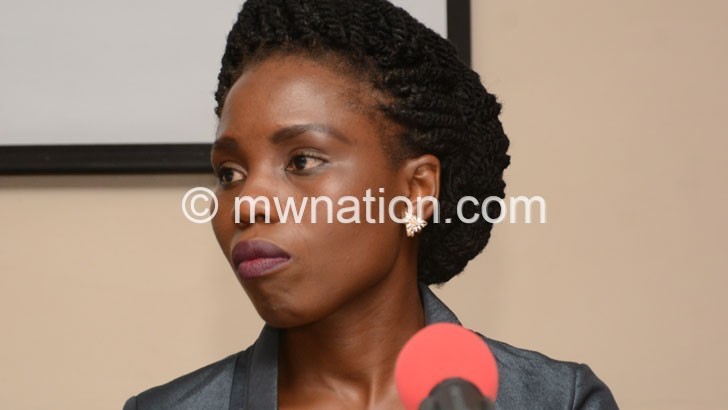CHRR, Misa Malawi wants restrictive laws abolished
The Centre for Human Rights and Rehabilitation and the Media Institute of Southern Africa (Misa) Malawi have asked government to abolish certain laws that they are restricting free speech.
This is contained in separate statements the CHRR and Misa Malawi released yesterday arguing that government is simply using some of the laws to infringe on the citizenry’s rights to freedom of expression and assembly.

Among the laws the two organisations want abolished are Section 4 of the Protected Flag, Emblems and Names Act, Section 200 of the Penal Code, some provisions of The Electronic Transactions and Cybersecurity Act of 2016 and Sections 50 and 51 of the Penal Code.
Others are the Official Secrets Act, Censorship and Control of Entertainment Act and some sections of the Penal Code highlighting Act 22 Chapter 18 that deals with defamation.
In its statement signed by executive director Michael Kaiyatsa, CHRR said it is imperative for government to drop cases related to freedom of expression and peaceful assembly.
He also asked government to apologise to all those arrested to demonstrate its commitment to protect freedom of speech and assembly.
Reads CHRR’s statement in part: “These laws should be scrapped totally as their mere existence has rights violating consequences.”
While making reference to some cases where various individuals have been arrested in regard of the aforementioned laws by both the previous and current regime, the CHRR further argued that simply enforcing such laws is not enough; hence, they should be totally abolished.
Misa chairperson Teresa Ndanga, in her statement, said considering that the process to abolish such laws may be time consuming, President Lazarus Chakwera should use other immediate remedies such as the signing of The Declaration of Table Mountain.
The declaration recognises Article 19 of the Universal Declaration on Human Rights which guarantees freedom of expression and emphasises that freedom of expression is essential in realisation of other rights in the international human rights instruments.
According to Misa Malawi’s statement, signing the declaration, the President would ensure that such policy direction is adhered to at all government levels.
“We wish to also remind government that in an open democracy, authorities need to exercise tolerance for what may be highly critical and unflattering comments.
“Local authorities should remain consistent with international human rights laws stating that freedom of expression should not be criminalised unless it poses a clear risk of serious harm,” reads part of Misa Malawi statement.





